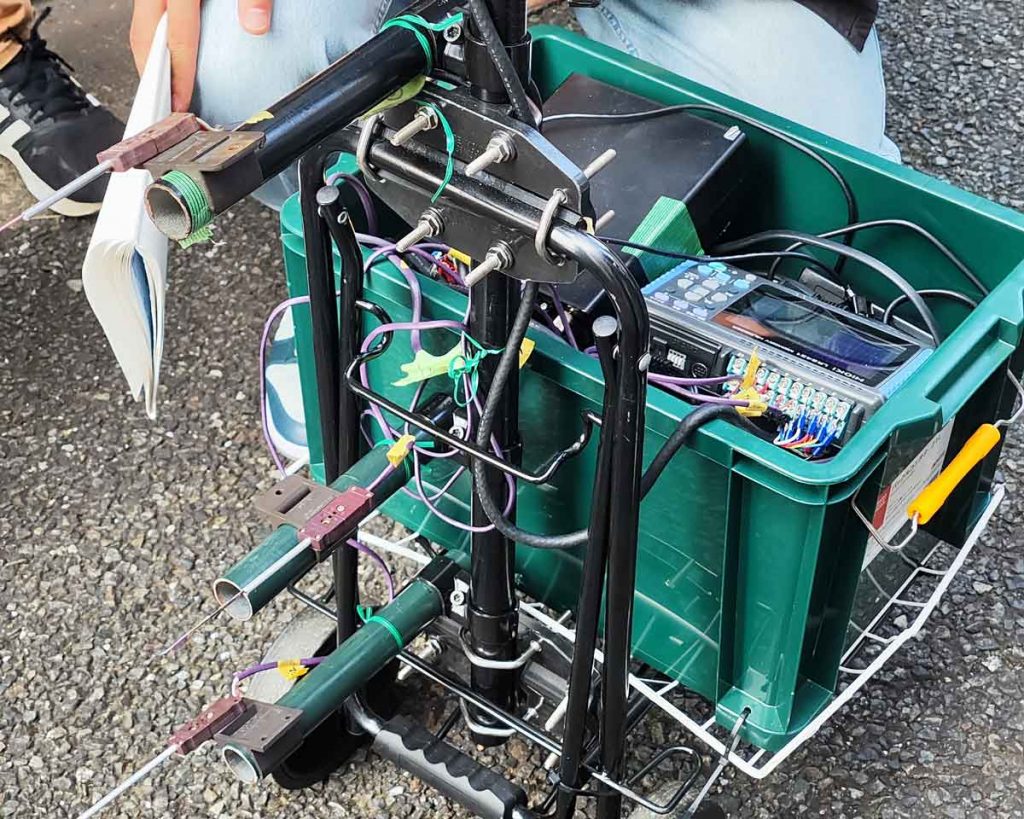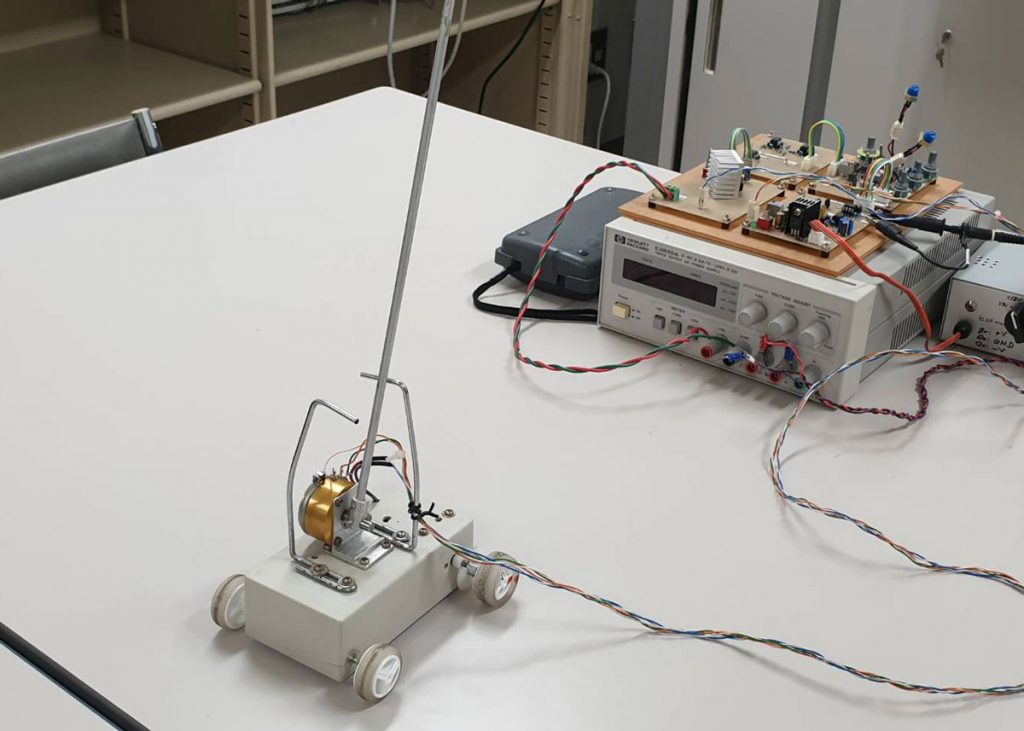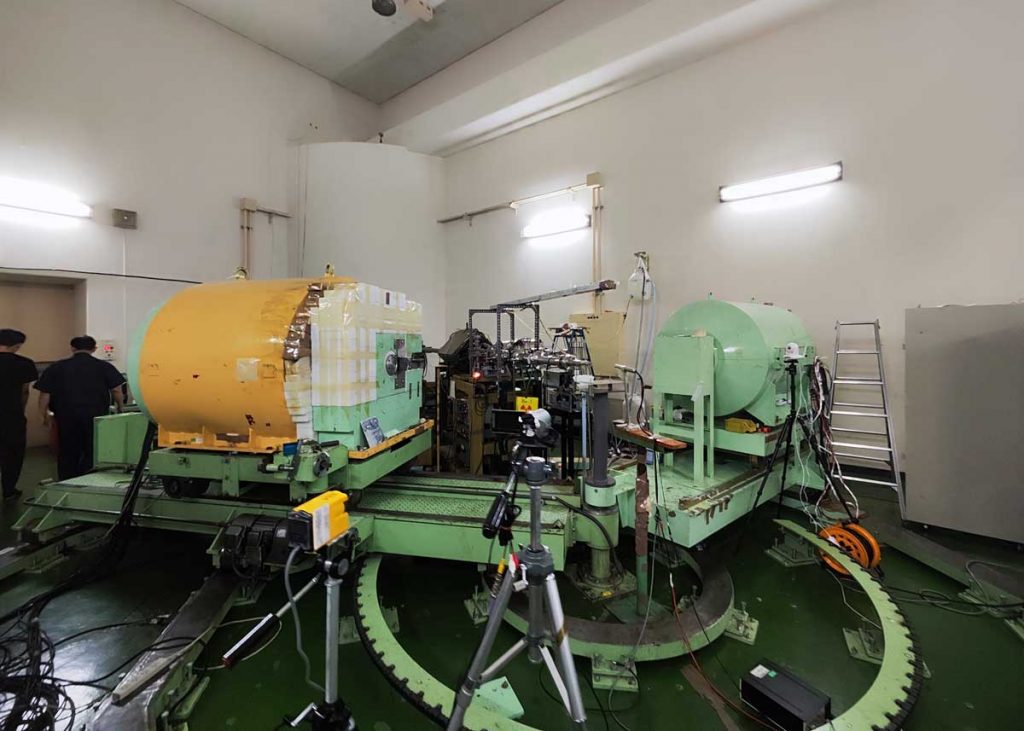An integral part of the curriculum at Institute of Science Tokyo is the research project completed in the final year of undergraduate studies, which is carried out in research groups or laboratories under the supervision of experienced professors. Choosing a laboratory to join is always an important first step for students in starting their research. There are many things to consider when deciding which research laboratory to join. These include the research topic, the research method, the skills that can be developed in the lab, and even the social life in the research group. Additionally, each department in the university has their own policies and methods for deciding the number of students that can enter a lab each year, which means that there is competition between joining students.
I am currently finishing my third year as an undergraduate student, and in a few days, I will be in my fourth and final year. At that time, I will officially begin the Capstone Research Project for my degree, together with my fellow class members in the same year. Just a few months ago, we made our decisions about which research laboratory we would join for this research project. Although our final decisions were made with a few clicks on a computer screen, we arrived at this stage after almost three years of exploring our interests, passions and future goals.
I am a member of the Department of Transdisciplinary Science and Engineering (TSE) in the Global Scientists and Engineers Program (GSEP). The required curriculum and choice of laboratories for the final year research program for GSEP students is generally no different from that of regular students, although it is a special program taught in English. My friends in the same year came from different backgrounds, and we started out with different ambitions and interests. Whether from computer science, aerospace engineering, chemistry, or life sciences, we had all come to university with specific interests, research topics and career goals, and although our final year seemed a long way off at the time, we had already set our sights on specific paths. Over time, however, our interests evolved as we grew, and I think this change ultimately proved beneficial.
Throughout our studies from the first to the third year, we were exposed to many different fields of Science and Engineering, and our experiences definitely changed us and shaped our final decisions. Speaking from personal experience, I liked chemistry in high school, and I entered university with the aim of finally contributing to research or work in the fields of chemistry and chemical engineering. I enjoyed the first-year basic science and technology classes in chemistry, but the university-level mathematics and physics also intrigued me, making me consider pursuing those subjects further. In the second year, we delved into specific topics in engineering such as thermodynamics, statistics, material science, and many more subjects deeply intertwined with physics and mathematics. Additionally, we had the opportunity to take a few electives, where I learnt a lot about programming and computer science. I took classes in which we applied engineering and technical knowledge to real-world problems related to the environment, management, and economics, which furthered my interest in those fields as well. I also started to become more settled in my new environment in Japan, and I managed to join and manage many student clubs as well. From these experiences, I became more interested in pursuing a research topic related to economics, particularly how engineering and mathematics can be used to solve social problems. Among the available research groups, I initially set my sights on Professor Naoya Abe’s group, which specializes in applied economics and sustainability.
In the third year, we have more opportunities to design our own curriculum through electives. At this point, I chose to deepen my understanding of physics, the environment, and energy, taking classes on topics ranging from energy system design to the mechanics of strength to nuclear engineering. As I was also interested in programming, I took a course from another department called Prototyping UX, where we got hands-on experience in web development. The design of our curriculum allows us to get elective credits towards graduation from classes in other departments as well. We also have experiment classes where we conduct experiments and write scientific reports based on the experiments and observations we make in class. In the experimental classes, we are taught by different professors, each with their own experimental teams, usually related to the research focus of their respective lab/group.



At the beginning of the third quarter of the third year, we also had the opportunity to visit laboratories as part of the Research Opportunity in Laboratories course, where we are randomly assigned to laboratories and carry out tasks to deepen our understanding of the research activities carried out in each laboratory, ranging from exploring research papers and research methods to understanding how certain measuring equipment works. Of course, during this time we are also given the freedom to arrange personal meetings with the professors in each laboratory that we are interested in.
By the end of the third year, when we had to choose our laboratory, my experience of developing technical skills and knowledge and the hands-on learning experience made me want to join a more technically oriented laboratory with lots of opportunities to learn in depth about subjects that I was interested in. I became particularly interested in the Kanda lab, as I got a taste of their research topic through the wind and atmospheric measurements in the lab class. Through discussions with seniors already associated with the labs, I learned how the Kanda lab balances conceptual and theoretical understanding with practical, technical skill development through textbook reading and discussion sessions, and the experiments and computer simulations, which matches my recent interest in computer programming. After attending several lab seminars where I learned about the research topics that the students in the Kanda lab were working on, and a final interview with Professor Kanda himself, I finally decided to join his lab.
Another aspect I would like to stress is the importance of talking to seniors to learn more about the social aspects of laboratory life. While matching the research topic to your interests and career goals is important, it is important to know aspects other than the research method and topic, since we will spend at least a year in the lab after joining. Talking to seniors who have experienced the research and working environment of the lab will give you a deeper understanding of what to expect there, both academically and socially, which contributed to my decision.
In conclusion, choosing a laboratory for the Capstone Research Project of our degree is not an easy task. There are many things to consider, from personal career goals and aspirations, to research interests, to the social aspects and environment of the laboratory. In the three years leading up to the decision, we are given the freedom to explore our interests and be responsible for our own future, but still with the teachers and seniors who can give us advice and guidance in making these decisions. I am looking forward to this year at Kanda Laboratory!
Links:
- Abe research group website: http://www.ide.titech.ac.jp/~nabe/wp/
- Kanda laboratory website (English): http://www.ide.titech.ac.jp/~kandalab/en/index.html
- Kanda laboratory website (Japanese): http://www.ide.titech.ac.jp/~kandalab/ja/index.html
- Bachelor’s degree curriculum for Department of Transdisciplinary Science and Engineering: https://educ.titech.ac.jp/tse/eng/education/tse_undergraduate/curriculum.html
- Research laboratories in the Department of Transdisciplinary Science and Engineering:
https://educ.titech.ac.jp/tse/eng/faculty/research_lab/
